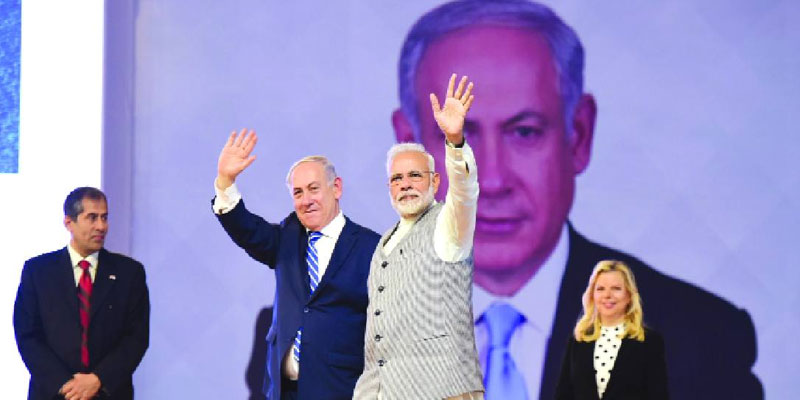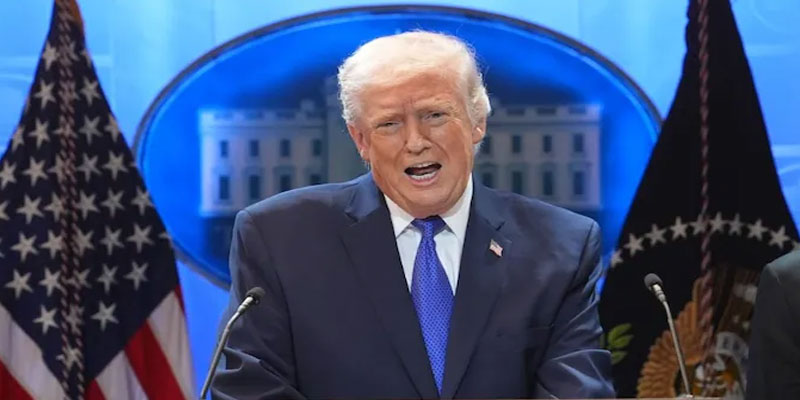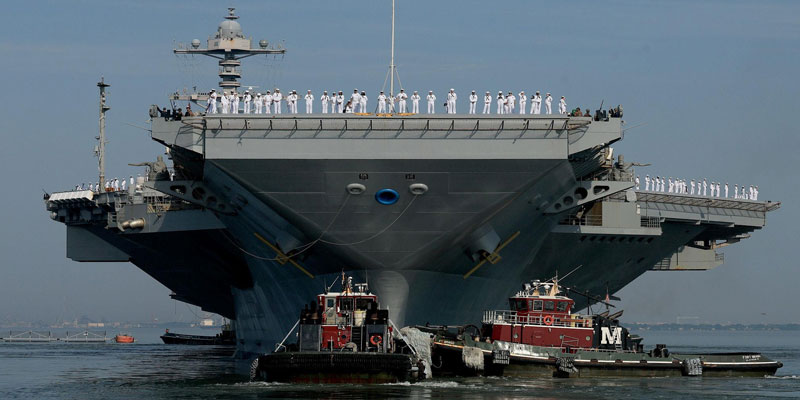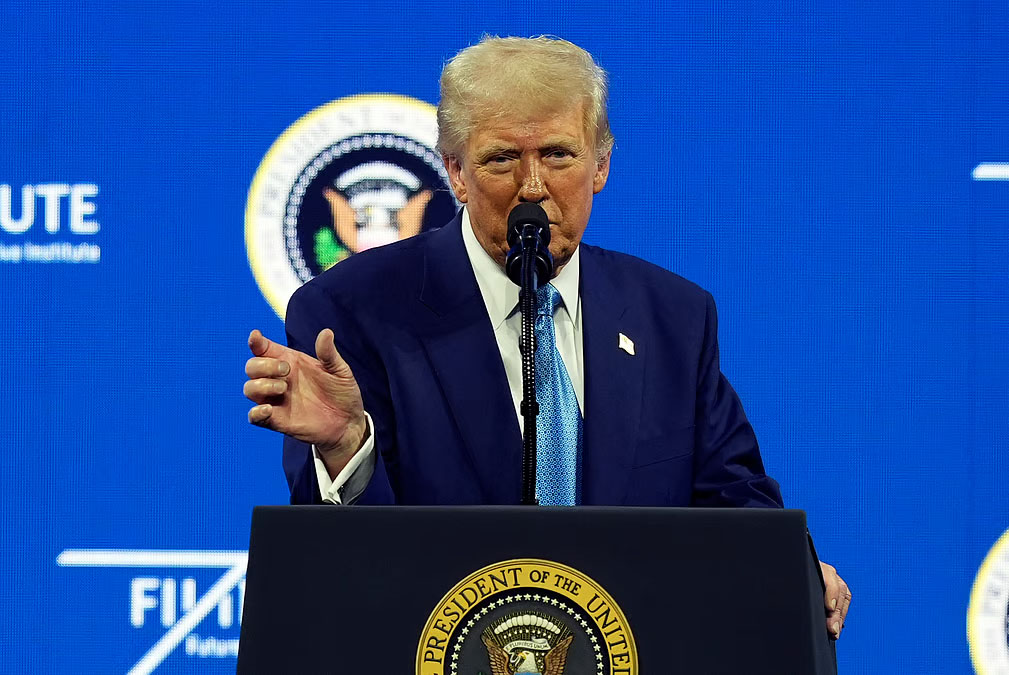Adampur Airbase: The Symbolic Frontline
On a charged Tuesday morning, Prime Minister Narendra Modi visited the Adampur Airbase in Punjab—a location that had recently been in Pakistan’s crosshairs during the post-Pahalgam military standoff. The visit came a day after Modi’s assertive televised address to the nation following Operation Sindoor, a decisive retaliatory strike against terror sanctuaries, widely regarded as India's most aggressive military response since the Kargil War.
At Adampur, Modi was flanked by soldiers from the Indian Air Force, Army, and Border Security Force, all assembled under the looming wings of fighter jets and beneath the banner of the Western Air Command. He wore a cap emblazoned with the Trishul (trident) and Tandav (the ferocious dance of Shiva)—a fusion of spiritual symbolism and military resolve. The optics were unmistakable: this was not just a visit, but a declaration of India’s strategic evolution.
Pahalgam and the Trigger for Transformation
The precipitating event for this intensification was the April 22 Pahalgam terror attack. In an incident that shook the nation’s conscience, 26 civilians were killed in what was meant to be a tranquil tourist destination in Jammu and Kashmir. The attack was reportedly orchestrated by Pakistan-based terror outfits, reviving the painful memories of Pulwama and Uri, and posing a sobering question: Could India afford another cycle of condemnation without consequence?
Pakistan, emboldened by its nuclear arsenal, had for years relied on strategic ambiguity to harbor and sponsor terrorism under the illusion of deniability. But with Operation Sindoor, India flipped the script.
A New Doctrine Emerges: The Modi Trifecta
Standing firm on the Adampur tarmac, Modi echoed what had already reverberated through his national address: India’s war on terrorism had entered a new phase, guided by a three-point doctrine:
- Strategic Autonomy in Retaliation: India will determine when, where, and how to respond to terrorist provocations—eschewing external expectations and operating on its sovereign terms.
- No More Nuclear Blackmail: The perpetual shadow of nuclear retaliation, often used by Pakistan as a strategic cover, would no longer deter India’s countermeasures. The message was simple: nuclear ambiguity cannot be a shield for state-sponsored terrorism.
- Zero Distinction Policy: India will make no difference between terrorists, their enablers, or the states that harbor them. The ecosystem of terror would be treated as a single threat deserving a unified response.






















